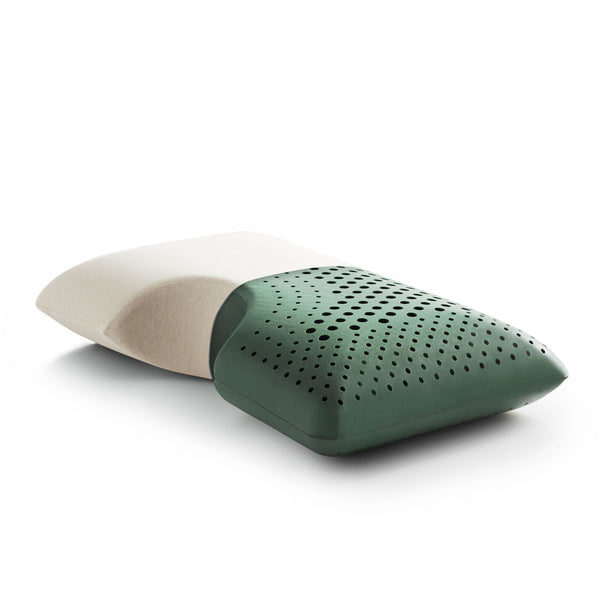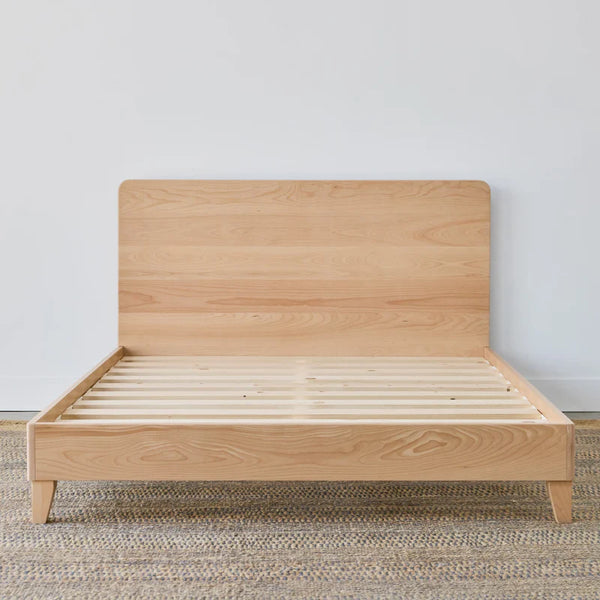
When was the last time you woke up feeling completely refreshed? If you’re like many people, it can be challenging to achieve that deep, satisfying sleep that leaves you ready to tackle the day ahead. Sleep is not just a time for rest; it is an essential component of our overall health and wellness. In this article, we will delve into the multifaceted role that sleep plays and why prioritizing it is crucial for a better life.
Understanding the Basics of Sleep
Sleep is a naturally recurring state of mind and body characterized by altered consciousness, relatively inhibited sensory activity, inhibition of most voluntary muscles, and reduced interactions with surroundings. While we might think of sleep as merely a time for rest, it is intricately connected to numerous bodily functions.
Stages of Sleep
Sleep is divided into two main types: REM (Rapid Eye Movement) sleep and non-REM sleep, with non-REM being further divided into three stages. Understanding these stages is fundamental to appreciating their role in health:
- Stage 1: This is the lightest stage of sleep, where you drift in and out and can be easily awakened.
- Stage 2: This is a period of deeper sleep, where your heart rate slows and your body temperature decreases.
- Stage 3: Known as deep sleep, this stage is critical for feeling rested and for recovery.
- REM Sleep: This stage is essential for cognitive functions such as memory, learning, and mood regulation.
Why Sleep is Essential for Overall Health
People often undervalue just how important sleep is in maintaining good health. Here are several critical roles that sleep plays:
Physical Health
Sleep is vital for various bodily functions, including:
- Immune Function: Quality sleep enhances immune response, helping prevent illnesses.
- Weight Management: Studies have shown that poor sleep can lead to weight gain, as it affects hormones that regulate hunger.
- Heart Health: Sleep affects blood pressure and heart function. Consistent sleep deprivation may increase the risk of heart diseases.
Mental Well-being
Our mental health is closely tied to how well we sleep. Lack of sleep can lead to:
- Anxiety and Depression: Poor sleep patterns can exacerbate anxiety and depression, making it harder to cope with daily challenges.
- Cognitive Function: Sleep helps with memory consolidation and overall cognitive performance. Less sleep can result in memory lapses and reduced focus.
- Emotional Stability: A good night’s sleep helps regulate mood and emotional responses, making daily interactions more pleasant.
The Link Between Sleep and Daily Performance
Ever notice how a lack of sleep affects your productivity? It’s a common scenario: you’re tired, and as a result, you find it hard to concentrate, make decisions, or engage in creative thinking. Sleep plays a significant role in numerous areas of our daily performance:
Enhanced Productivity
Getting adequate sleep increases overall productivity at work or school. When you are well-rested, you can think clearly and produce quality work efficiently. A well-rested brain is more effective at problem-solving and critical thinking.
Improved Athletic Performance
For those involved in sports, sleep is just as crucial as training. Athletes require adequate sleep to restore glycogen stores, repair muscles, and synthesize proteins. Insufficient sleep can lead to decreased performance and increased risk of injury.
How Much Sleep Do You Really Need?
The amount of sleep needed varies by individual and age. The National Sleep Foundation recommends the following sleep duration:
- Adults (18-64 years): 7-9 hours
- Older Adults (65+ years): 7-8 hours
- Teenagers (14-17 years): 8-10 hours
- School-age Children (6-13 years): 9-11 hours
- Toddlers (1-2 years): 11-14 hours
- Infants (4-11 months): 12-15 hours
Tips for Enhancing Your Sleep Quality
If you’re struggling to get the quality sleep you deserve, here are several tips that can help you improve your sleep hygiene:
Create a Sleep-Inducing Environment
The space in which you sleep makes a significant difference. Here are key elements to focus on:
- Darkness: Ensure your room is fully dark—consider blackout curtains or an eye mask.
- Temperature: Keep your bedroom comfortably cool.
- Noise Control: Reduce noise disruptions with earplugs or a white noise machine.
- Comfort: Invest in a suitable mattress and pillows that provide proper support.
Establish a Consistent Sleep Routine
Go to bed and wake up at the same time every day, even on weekends. Creating a consistent sleep schedule can regulate your body’s internal clock, making it easier to fall asleep and wake up naturally.
Limit Screen Time Before Bed
The blue light emitted from screens can interfere with your body’s natural sleep-wake cycle. Try to limit screens at least an hour before bedtime, or use blue light blocking glasses to protect your eyes.
The Ripple Effect of Quality Sleep
When we focus on improving our sleep, the benefits extend beyond just feeling less tired; it's a comprehensive enhancement of our overall health and wellness. Good sleep fosters not only better physical health but also mental clarity, emotional stability, and improved performance in our daily activities.
Incorporating good sleep practices can be viewed as an investment in your health—helping you achieve a more vibrant life filled with energy and focus. So why wait? Start prioritizing your sleep today, and reap the rewards of a healthier, happier, and more productive you!









